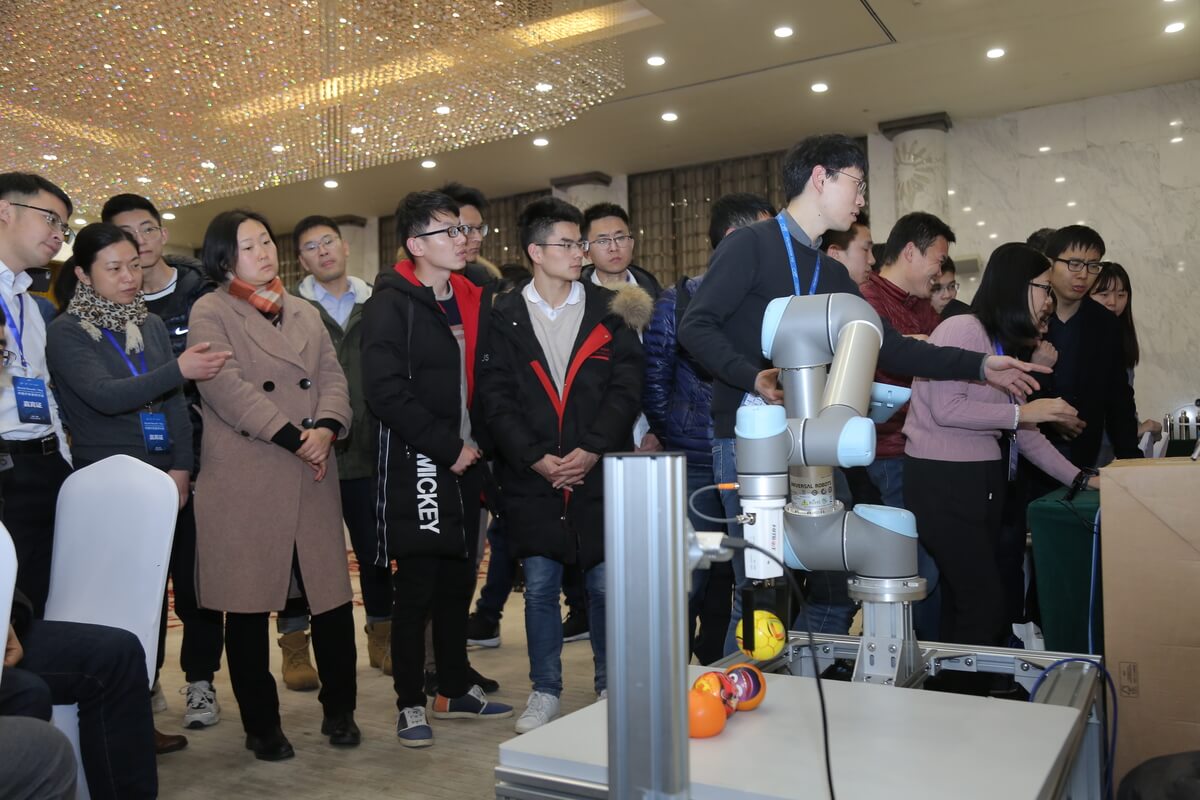
A mid-sized developer that defaulted in Q4 2021, has offered a par-for-par amend and extend proposal for offshore bond holders offering a package that could be worth 65-75 cents of present value assuming high discount rates. While it may be early to get too excited about the investment opportunity in China property high-yield bonds, a recent restructuring proposal made by a Chinese property high-yield company highlights the potential for high recoveries. We evaluate the return expectations we have for the market over a two-year cycle rather than one, as the visibility on restructurings and recovery is likely to be much higher in 24 months than in 12. But with the elevated default risks in the sector as Ken just explained, diversification is the way to invest.

And number two: If you are well diversified, the asymmetry of returns is heavily skewed to a positive return scenario (the downside is minimal even in a disaster scenario). Number one: diversification is critical to help mitigate downside scenarios. This leaves us with two important conclusions for investors. To get to a 24% return expectation, you have to believe that a quarter of Chinese property high-yield bonds default this year. To get -2% you have to believe that almost two-thirds of Chinese property high-yield will default during 2022 from here, and expect a 10 cent recovery for every dollar invested. Utilizing our preferred benchmark as a starting point, which benefits from a relatively high degree of regional diversification and based on a range of potential default rate and recovery scenarios, we calculate potential cumulative return expectations over two years of between -2% and 24% (as of January 31st). Salman Niaz: We approach the asset class recognizing structural value and attractive total return potential, but with heightened uncertainty in the near-term, emanating from the Chinese high-yield property sector which continues to remain under significant pressure. How are you approaching investment opportunities in Asia’s high-yield sector more broadly? Salman, let’s get your thoughts on the investment opportunities given your role as head of Asia Credit for Goldman Sachs Asset Management’s Emerging Market team.

How much more pain could China’s p roperty market see - and could we turn a corner? So it’s a neutral view stay up in quality and be diversified.Ģ022 hasn’t got off to an encouraging start. You don’t want to be overly concentrated on specific issuers as idiosyncratic risks remain high. Our view is to stay at the very high end and be diversified and wait for news to come before making a more definitive directional stance. We do think you can generate decent returns from China property high-yield but the risk around that is very high.

It’s hard to speak in terms of opportunities - it continues to be a difficult environment. Saying that, we do expect the stronger companies to survive and these bigger, stronger companies are ultimately going to be the main beneficiaries of policy easing as lenders feel more comfortable extending credit to stronger companies. Last year was over 28%, so it’s still at very elevated levels of defaults. In 2022, we have a base-case estimate for a China property high-yield default rate of 19%. Our expectation going forward is that you would get more easing but at the same time you get more defaults. It feels that the market is still under a lot of stress, as a lot of easing measures from China policymakers have been piecemeal and haven’t led to a big impact on the physical market, and companies are still having trouble making payments.

Kenneth Ho: Credit conditions remain very tight. Kenneth, as Goldman Sachs Research’s Asia credit strategist, how are you thinking about the China property high-yield market today? Property developers’ debt-repayment problems have been among the biggest issues roiling Asia’s credit markets over the past year. We spoke with Kenneth Ho from Goldman Sachs Research and Salman Niaz of Goldman Sachs Asset Management for their views on Chinese property credit and the Asia high-yield sector more broadly to understand what has changed. Several months later, defaults on Chinese property bonds continue to remain elevated. The article below is from our BRIEFINGS newsletter of 03 March 2022Īre there signs of healing in China’s property sector? When the indebted property giant China Evergrande Group started defaulting on its payments last fall, fear spread that a potential bankruptcy would trigger a broader crisis in China’s debt markets - and global markets more broadly.


 0 kommentar(er)
0 kommentar(er)
